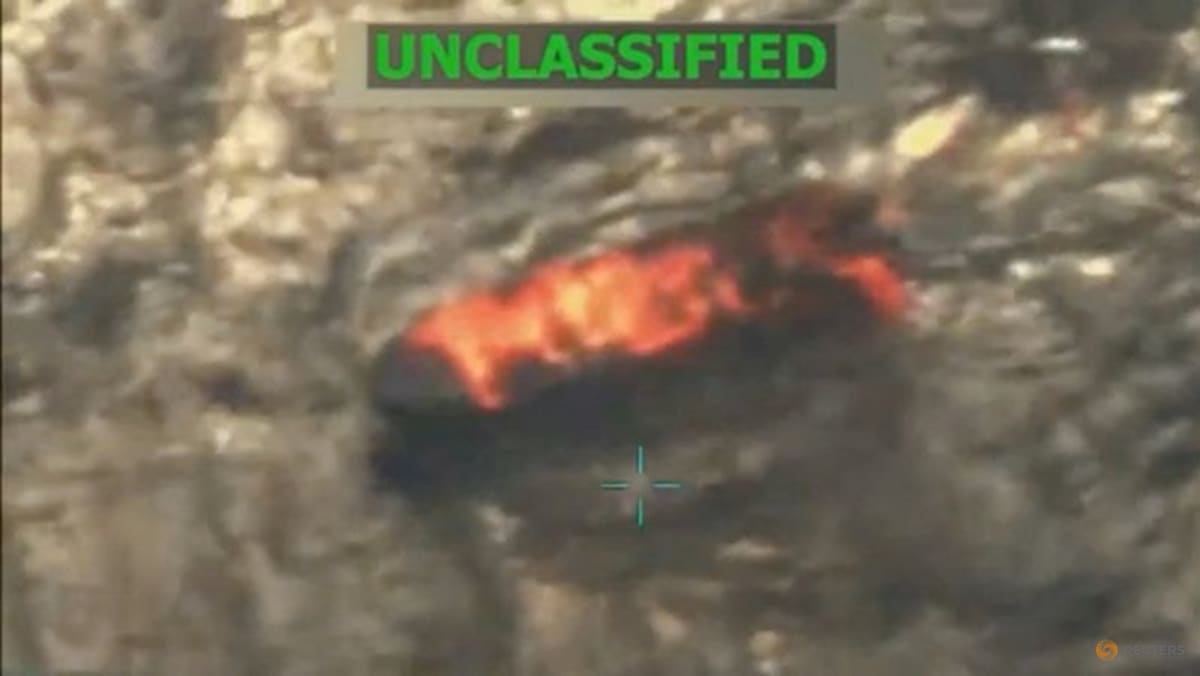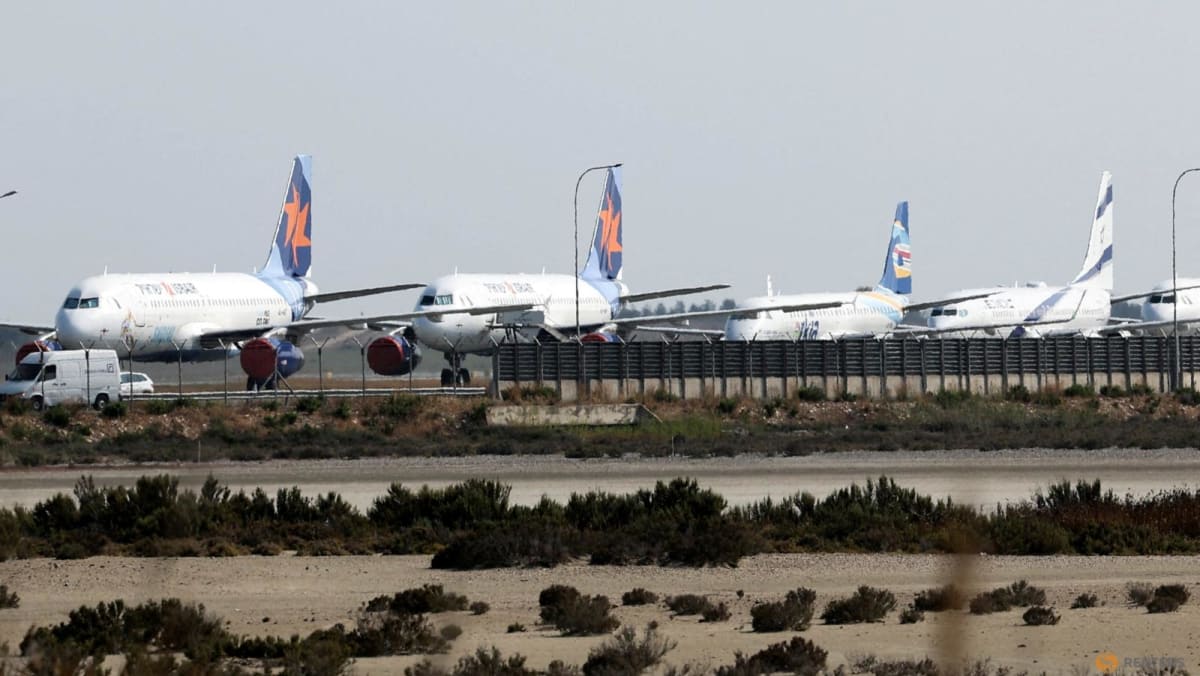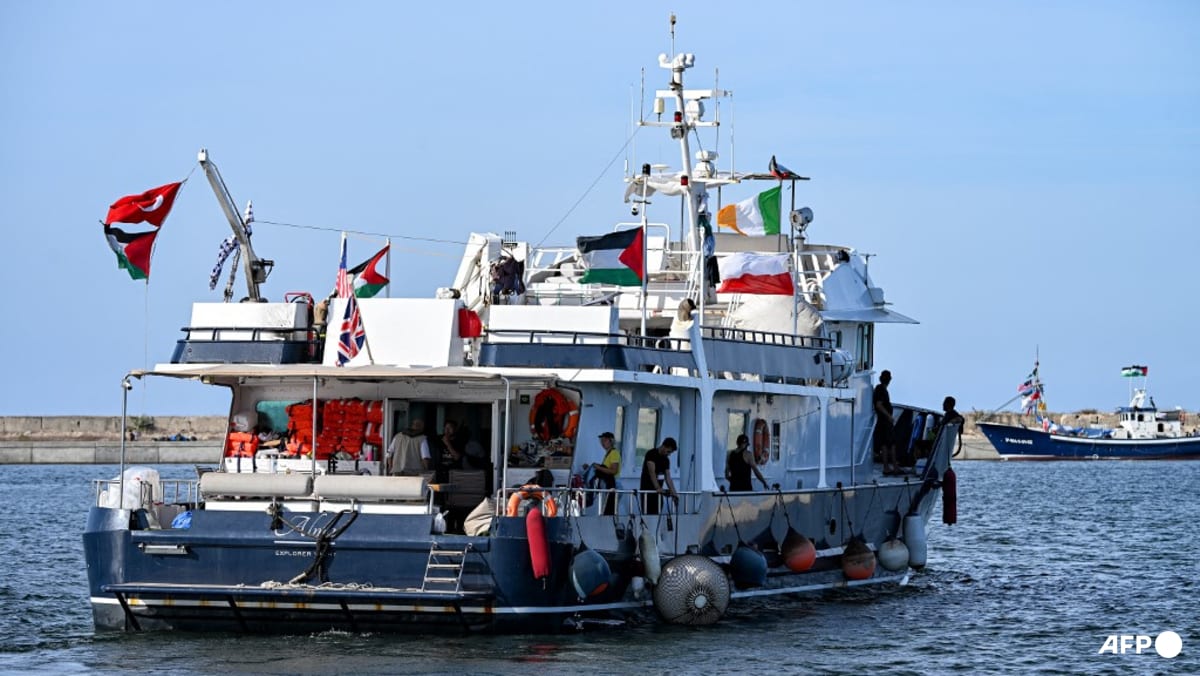AIRSPACE RISKS
Proliferating conflict zones are an increasing operational burden on airlines, as aerial attacks raise worries about accidental or deliberate shoot-downs of commercial air traffic.
Location spoofing and GPS interference around political hotspots, where ground-based GPS systems broadcast incorrect positions which can send commercial airliners off course, are also a growing issue for commercial aviation.
Flightradar24 told Reuters it had seen a “dramatic increase” in jamming and spoofing in recent days over the Persian Gulf. SkAI, a Swiss company that runs a GPS disruption map, late on Sunday said it had observed more than 150 aircraft spoofed in 24 hours there.
Safe Airspace, a website run by OPSGROUP, a membership-based organisation that shares flight risk information, noted on Sunday that US attacks on Iran’s nuclear sites could heighten the threat to American operators in the region.
This could raise additional airspace risks in Gulf states like Bahrain, Kuwait, Oman, Qatar, Saudi Arabia and the United Arab Emirates, it said.
In the days before the US strikes, American Airlines suspended flights to Qatar, and United Airlines and Air Canada did the same with flights to Dubai. They have yet to resume.
While international airlines are shying away from the region, local carriers in Jordan, Lebanon and Iraq are tentatively resuming some flights after widespread cancellations.
Israel is ramping up flights to help people return home, and leave. The country’s Airports Authority says that so-called rescue flights to the country would expand on Monday with 24 a day, although each flight would be limited to 50 passengers.
From Monday, Israeli airlines will start to operate outbound flights from Israel, the authority said.
Israeli airline El Al on Sunday said it had received applications to leave the country from about 25,000 people in about a day.












